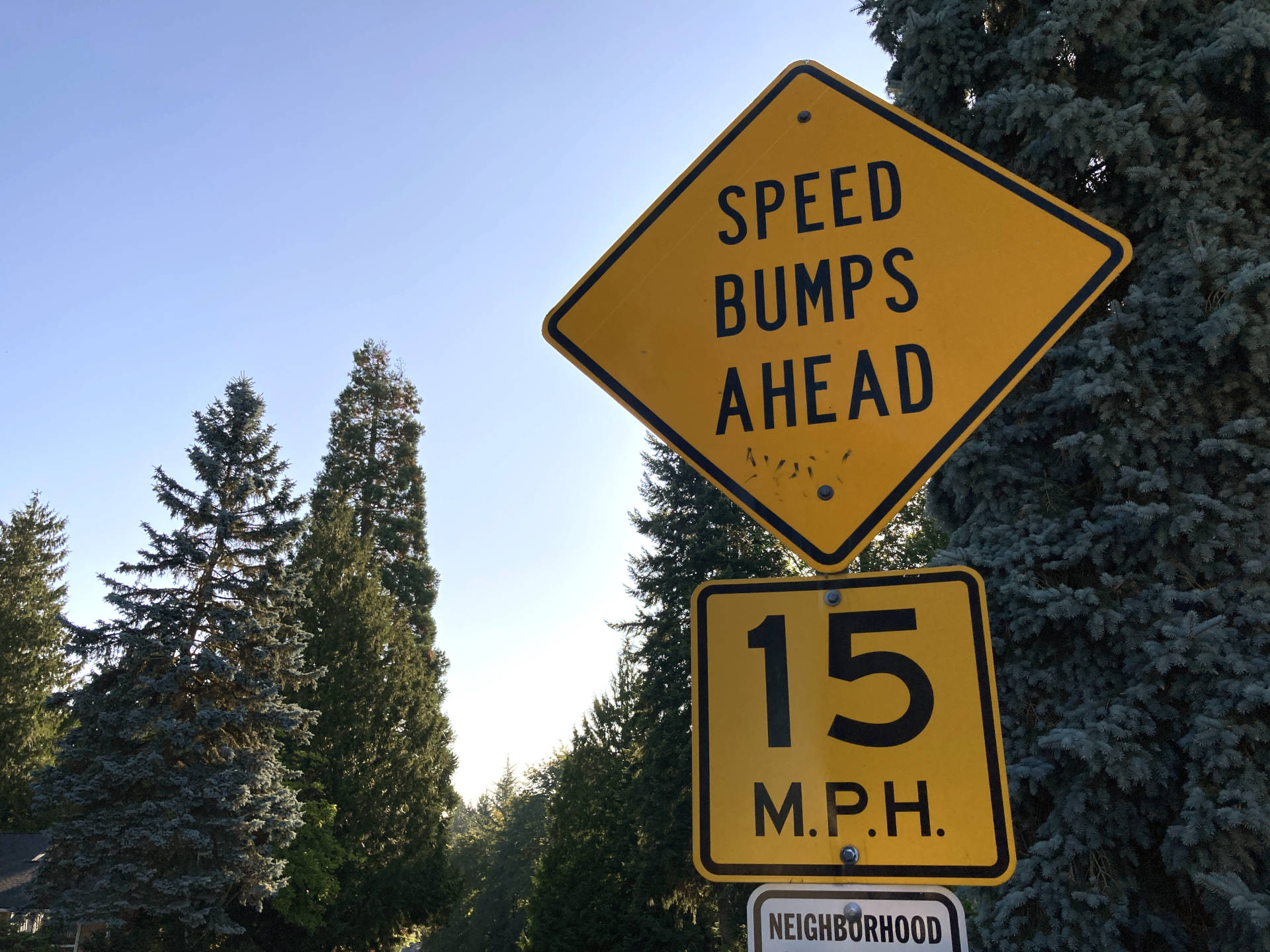- cross-posted to:
- performance@programming.dev
- cross-posted to:
- performance@programming.dev
Having a fast and responsive app is orthogonal to “knowing your big Os”. Unfortunately, most tech companies over-emphasize algorithms in interviews and downplay systems knowledge, and I believe that’s one reason behind sluggish apps and bloated systems.
I’ve seen this play out repeatedly. Interviewers ask a LeetCode-style coding question, which is then followed by the ritual of discussing time and memory complexity. Candidates ace the answers. But then… their “real” code suffers from subtle yet impactful performance problems.



This is something I learned pretty early on as a professional developer. I got a computer science degree and was taught data structures, algorithms, and big O. In my first job, I came across a small piece of Java code that was being run a lot that had a small list being searched each time. I figured converting to a HashSet would be faster, but in testing it was actually slower. I forget the exact details, but I learned to test my assumptions about performance and not to just blindly change things.
My degree, for the most part, did not prepare me for working with large, interconnected systems. The only course that came close was an elective called “concurrent programming” which was really just “algorithms, but parallel”.